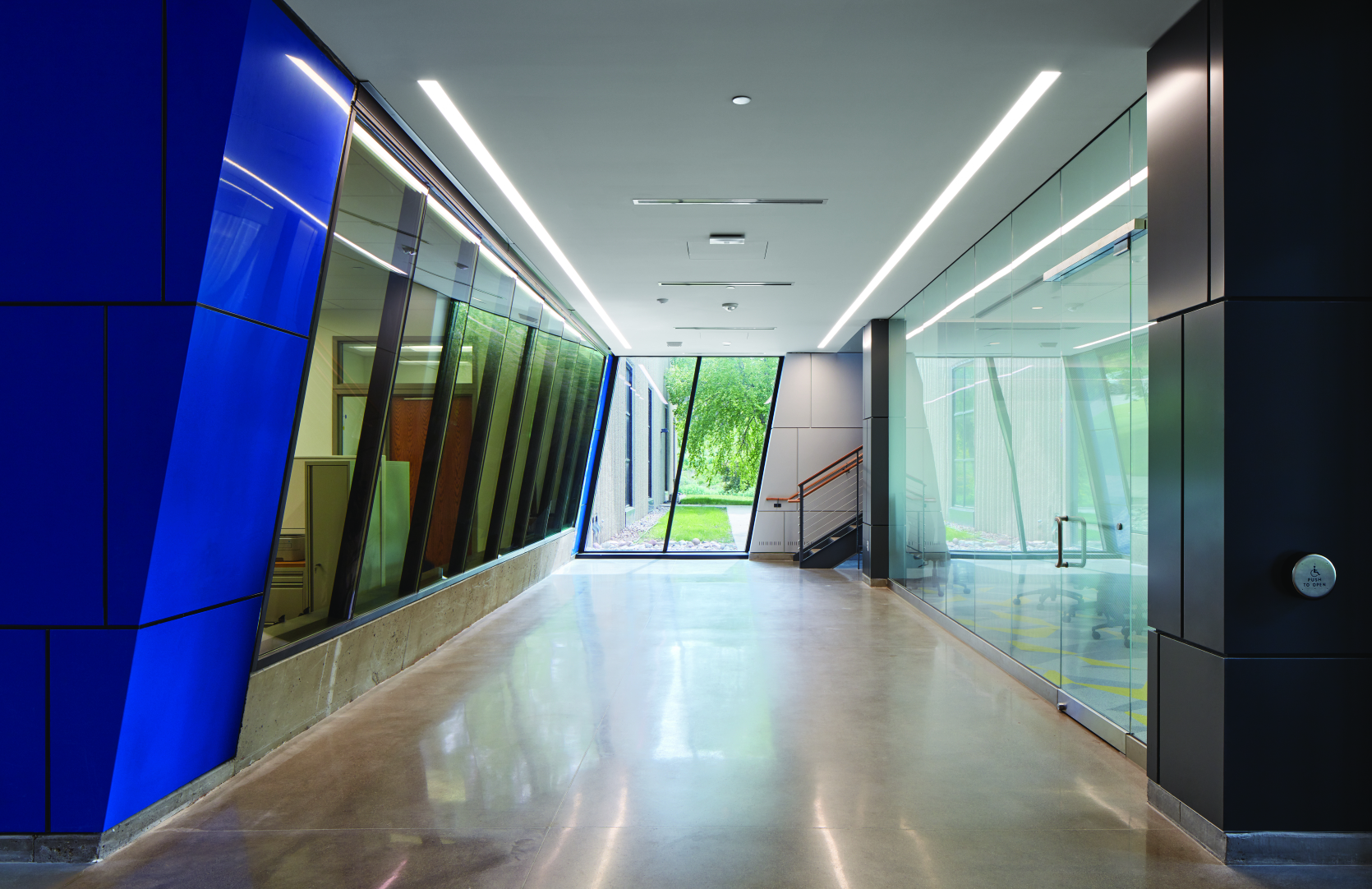Meet UEL
University Enterprise Laboratories (UEL)
was born from a vision.
University Enterprise Laboratories (UEL) was born from a vision.
Bob Elde, the former Dean of the College of Biological Sciences at the University of Minnesota, recognized a critical gap: despite significant research investments, emerging life science companies were stifled by a scarcity of suitable lab spaces for advanced R&D activities. With the support of leading private and public partners, including the State of Minnesota, UEL was established as an independent non-profit organization to fill this void.
UEL remains at the forefront of Minnesota’s life science innovation, offering a fertile ground where companies can grow, research, and bring their contributions to the world. We are a beacon for life science enterprises, providing the essential lab space, resources, and community to transform bright ideas into tangible solutions.


Bob Elde, the former Dean of the College of Biological Sciences at the University of Minnesota, recognized a critical gap: despite significant research investments, emerging life science companies were stifled by a scarcity of suitable lab spaces for advanced R&D activities. With the support of leading private and public partners, including the State of Minnesota, UEL was established as an independent non-profit organization to fill this void.
UEL remains at the forefront of Minnesota’s life science innovation, offering a fertile ground where companies can grow, research, and bring their contributions to the world. We are a beacon for life science enterprises, providing the essential lab space, resources, and community to transform bright ideas into tangible solutions.
Vision
To facilitate the growth of Minnesota’s next generation of life science and complementary technology companies.
Mission
To support early-stage life science and complementary technology ventures by providing premier facilities and services in an ecosystem that enables innovation, growth, and commercial success

Vision
To facilitate the growth of Minnesota’s next generation of life science and complementary technology companies.
Mission
To support early-stage life science and complementary technology ventures by providing premier facilities and services in an ecosystem that enables innovation, growth, and commercial success
Meet the Team

Jay Beyer-Kropuenske
Director of Operations

Donna Pinotti
Tenant Relations

Greg LaSalle
Director of Leasing

Barbara Nelsen
Board Chair
Nelsen Biomedical
Jessica Mogilka
Vice Chair
JLL
Michael Gietl
Treasurer
JPMorgan Chase
Kristin Guild
Secretary
Greater MSPRobert Elde
Board Member
Retired
Frank Jaskulke
Board Member
Medical Alley
Pat Mascia
Board Member
University of Minnesota Real Estate Foundation
Steve Kelley
Board Member
University of Minnesota
Denise Holloman
Board Member
DAH Operations Advisors
Kenny Beckman
Board Member
University of Minnesota Genomics Center
Brent Terhaar
Board Member
CliftonLarsonAllen
Mike Berthelsen
Board Member
St. Olaf College
Paul Owen
Board Member
Flagship Pioneering

